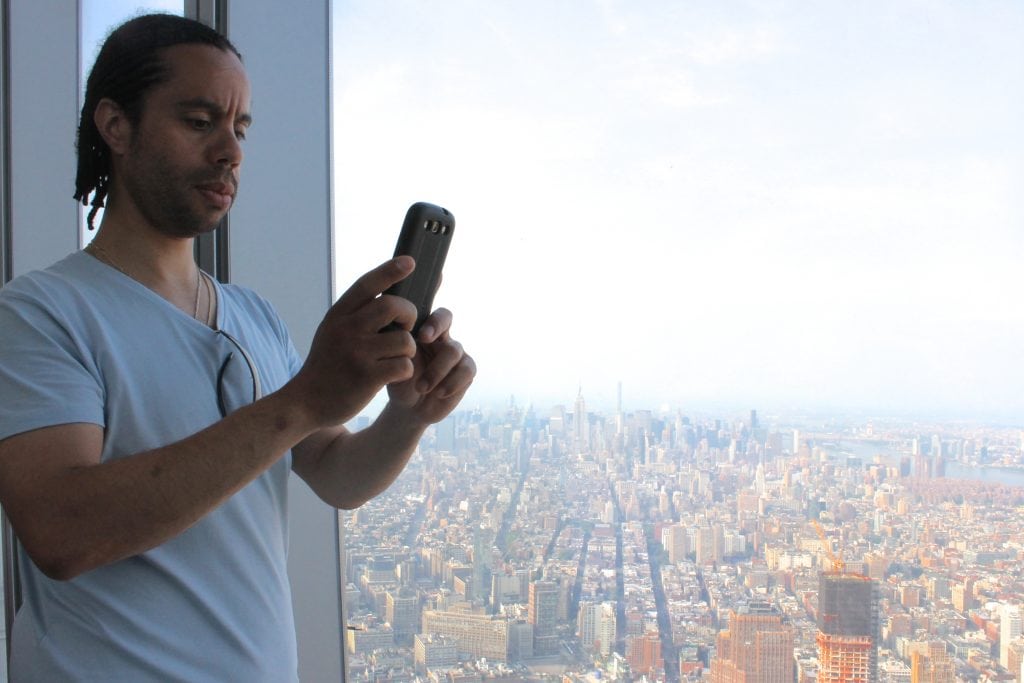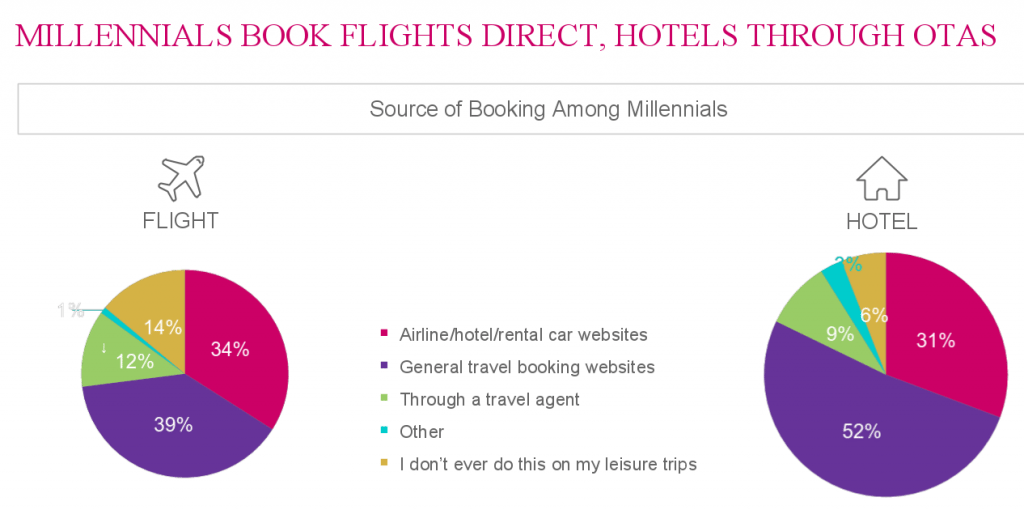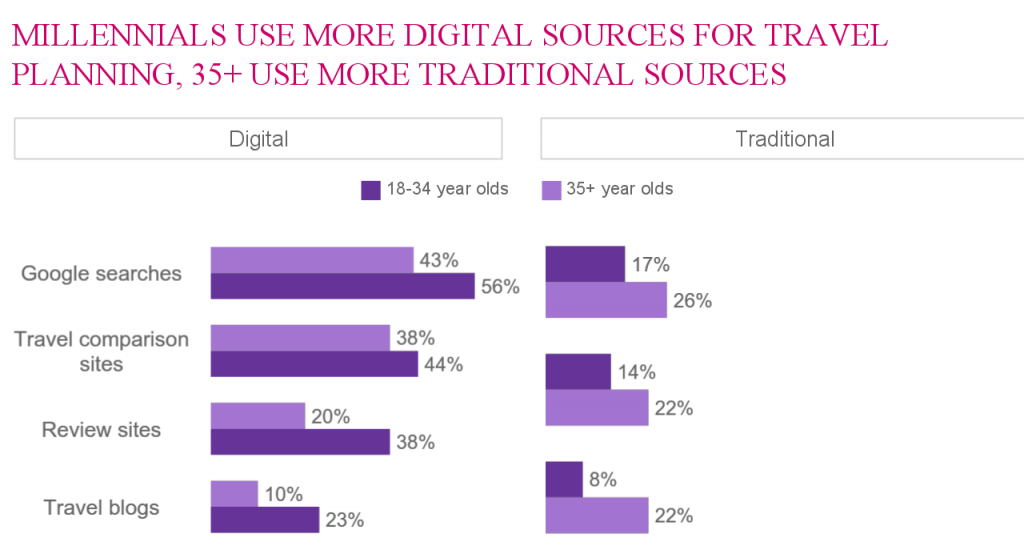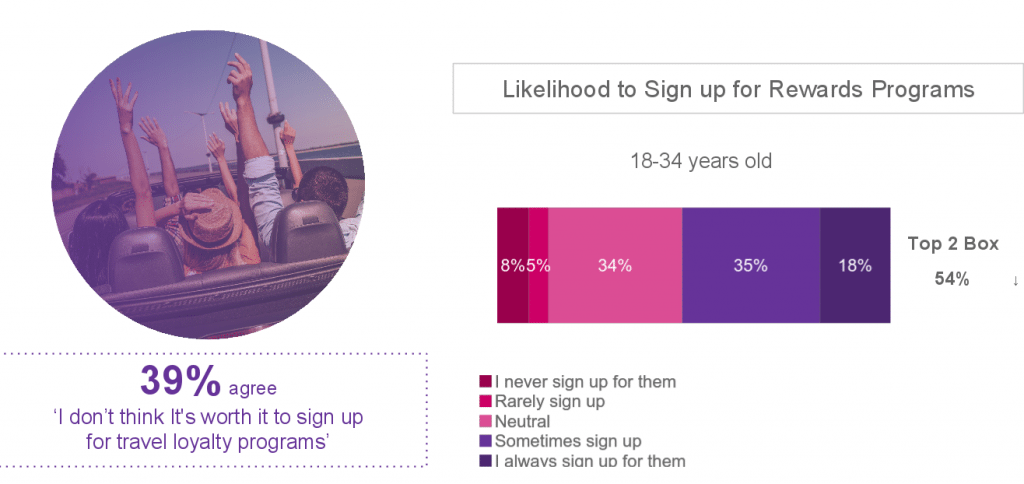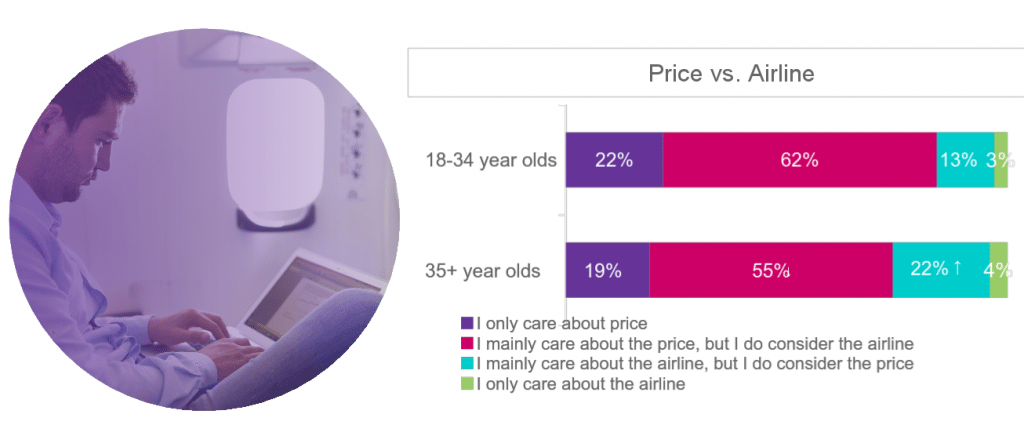Skift Take
Loyalty isn't necessarily a dying breed among millennials if a brand knows how to make a program appealing to their spending and lifestyle habits outside of travel. That means doubling down on experiences and diversifying how points are earned.
The assumption that millennials have less brand loyalty than previous generations has made the rounds with travel marketers and certainly has credence. But what’s more enlightening is how they conceive and approach loyalty differently from older travelers.
That’s one of the top takeaways from a survey from Adara, a travel data company, which surveyed 3,000 travelers for their booking and loyalty behaviors earlier this year. About half of the survey sample was made up of millennials ages 18 to 34 and the rest were travelers ages 35 and older. Travelers were surveyed online in the U.S., UK, France, Australia, Hong Kong, and Singapore and had taken at least three or more trips during the past year.
Adara found that, among millennials, general travel comparison sites such as Google and booking sites are most commonly used for booking travel versus booking direct (see Chart 1 below), and that brand.com websites are much stronger with the 35 and older traveler demographic, said Elizabeth Harz, CMO and president of media for Adara.
“Some 87 percent of our millennial respondents said that they’re travel influencers for their friends and family,” Harz told Skift. “Meaning that they do research or provide booking assistance for others. I think that’s an interesting nuance for brands to be aware that they’re not only talking to millennials for their own travel, but they have become influential for their extended family and older relatives’ travel as well.”
Harz said there are too many loyalty programs grasping for millennials’ attention, “From our own research we’ve found that a number of millennials had signed up quite early for a credit card that they look at as using the points for travel or selected a specific hotel or airline chain co-branded card.”
“But, specifically the Chase United Visa or something, not just the United loyalty program. They want to take advantage of redeeming points, but look at it more from a financial services perspective versus just solely from a travel brand.”
Adara’s research also asked respondents what kind of loyalty experiences interest them, “we found that it is the experience side of it that is most intriguing with millennials with joining loyalty programs. Getting a wine tasting at a Marriott versus getting a fruit bowl. And there are so many ways to accumulate points that points aren’t necessarily a good enough reason to join a program.”
As the correlation between loyalty programs and booking direct continues growing stronger, more than 60 percent of millennial respondents said they’d still consider joining a program and that price isn’t always the dominant factor influencing their booking decisions.
Chart 1: A slightly higher percentage of millennials are booking direct for their flights than for their accommodations. But online travel agencies and other general travel sites such as Google are still used most often with this generation of travelers. The percentages in the charts below are for U.S. millennial respondents in the survey.
Globally, fewer millennial respondents from other countries in the survey (34 percent) said they book flights through a general travel site and 44 percent said they use airline sites for booking. For hotel bookings, more global millennial respondents said they use general travel sites (60%) than U.S. millennials and 22 percent said they use hotels’ sites.
Chart 2: When planning their trips, Google garnered the highest percentage of interest among millennials and travelers ages 35 and older. Note that the traditional, right-hand side column of the chart doesn’t specify the sources referred to, but Adara comfirmed that, from top to bottom, they are brand.com sites, travel magazines and travel TV shows.
Chart 3: It’s not all doom and gloom when it comes to millennials and loyalty. While 39 percent don’t feel that loyalty programs would benefit them, more than 60 percent feel there are advantages to joining these programs.
Chart 4: Millennials tend to care more about price than which airline they’re flying on, but in doing that, they still take the airline into consideration.
Source: Adara
The Daily Newsletter
Our daily coverage of the global travel industry. Written by editors and analysts from across Skift’s brands.
Have a confidential tip for Skift? Get in touch
Tags: direct booking, loyalty, millennials
Photo credit: A traveler taking photos at the 1 World Trade Center Observatory in New York City. Dan Peltier / Skift
